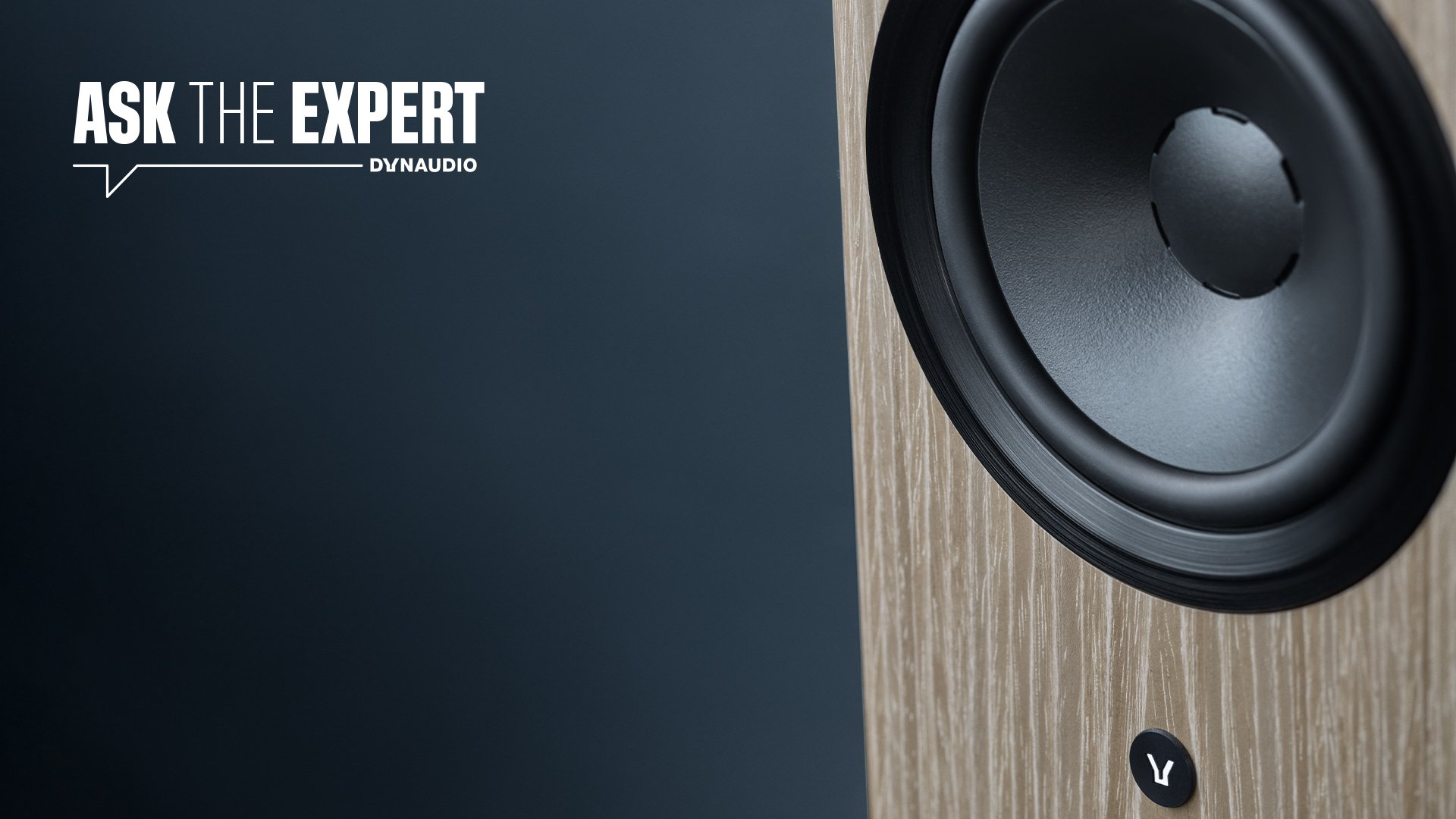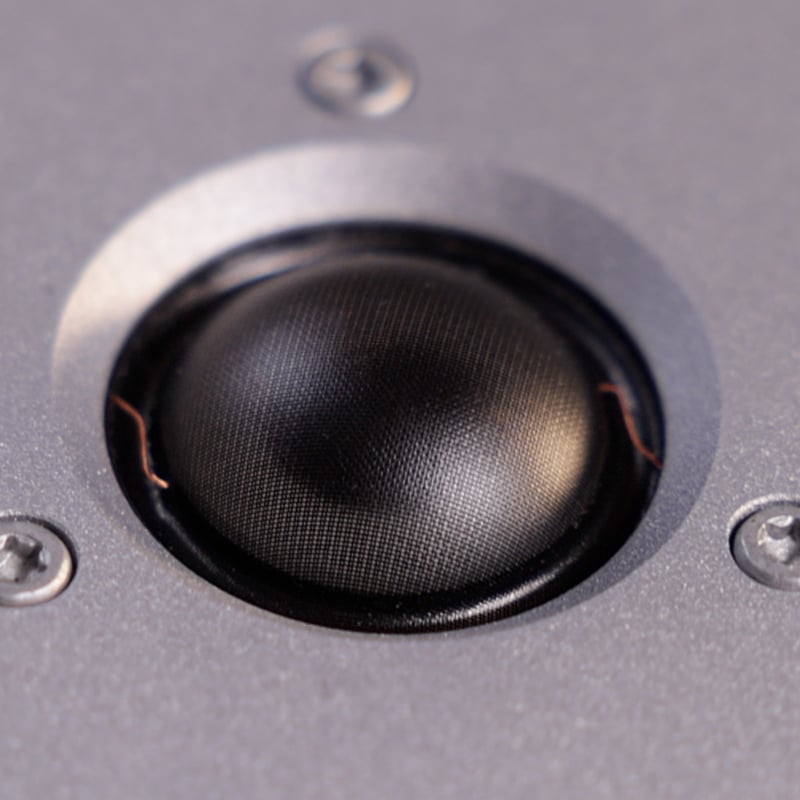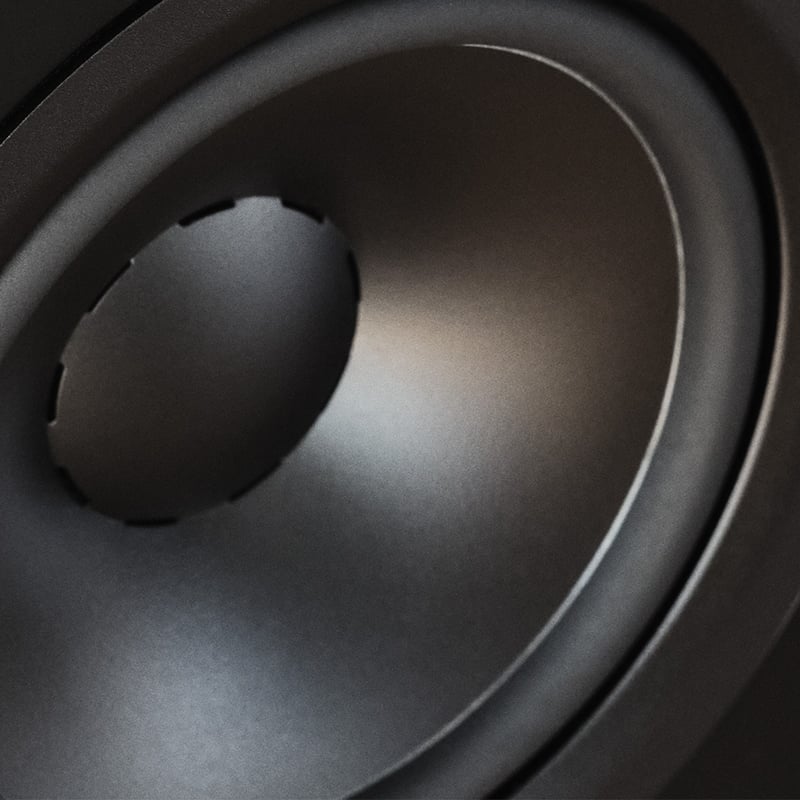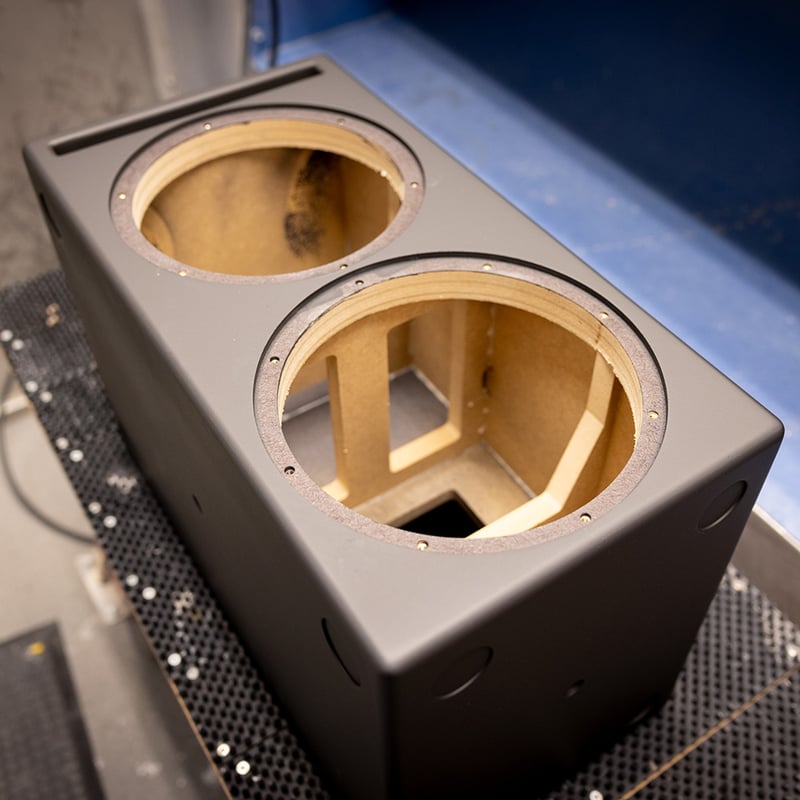Have you ever wondered why sound can travel through walls, when other, seemingly more powerful forces can't? Well wonder no more, cause we're breaking it down for you on this episode of Ask The Expert.
Remember that you can contribute a question for a future episode of Ask The Expert by filling out the "Send us your questions" form bottom of this page. We really appreciate the input.
How does sound travel through walls?
A genuine question that we've had from an end user before is: “my wall stops hurricanes, so why doesn't it stop sound?” And what a great question that is, so let's dig in!
We're fairly certain that you'll have noticed that when playing music aloud inside a room, that sound will be easily audible on the other side of the wall. Why is this the case?
Firstly, it's important to understand what sound is exactly. And, of course, what it's not. Sound isn't wind, for example – because it's not air being displaced from one place to another – but sound what sound is, is change in air pressure.
This means that, simply put, sound is air molecules colliding into each other. When sound hits a wall, this collision of molecules is essentially capable of pushing the wall, in turn pushing the air on the other side of the wall, thus allowing the sound to seemingly penetrate the wall.
What happens in reality is a transfer of energy. When sound reaches a wall, one of three things can happen with this energy: either the sound is reflected off the wall back into the room, or the energy is absorbed, which means that it is turned into heat because, well, Einstein says so. The third option is that the sound appears to pass through the wall because it moves the wall, which then causes the air on the other side to move, perpetuating the travel of the sound into the next room.
The thinner the wall, the easier it is to for the sound to move the wall, the more the air will move on the other side, and the more the sound will appear to pass through.
In other words, the construction of the wall determines how much sound passes through. If you have a very dense wall, it's more likely to either absorb or reflect the sound, whereas a thin wall will allow more sound to travel through it – much as you'd expect.
Fairly simple in reality, right?
Send us your questions
Don't forget to submit your questions to our experts via the form below – they might just get featured in a future episode of Ask The Expert!







